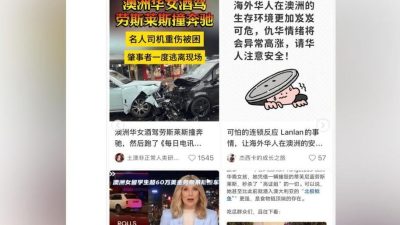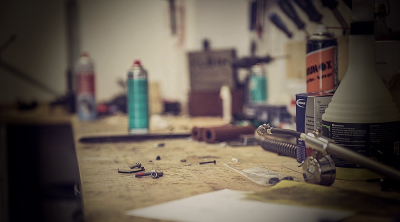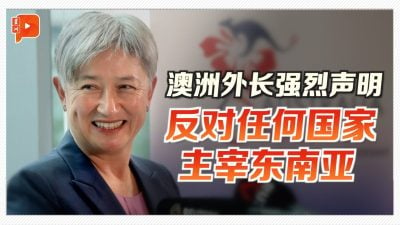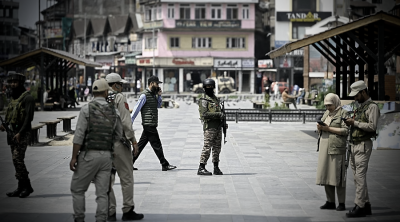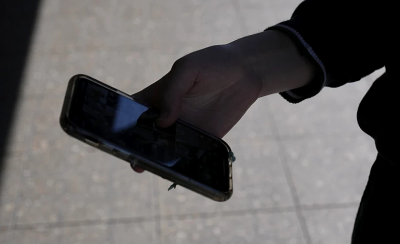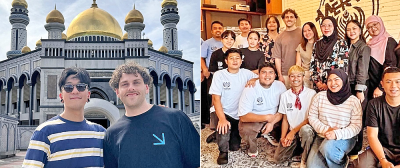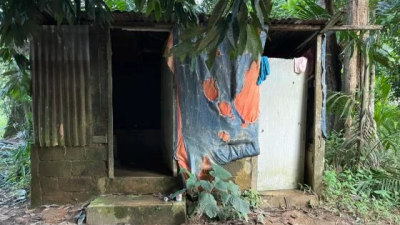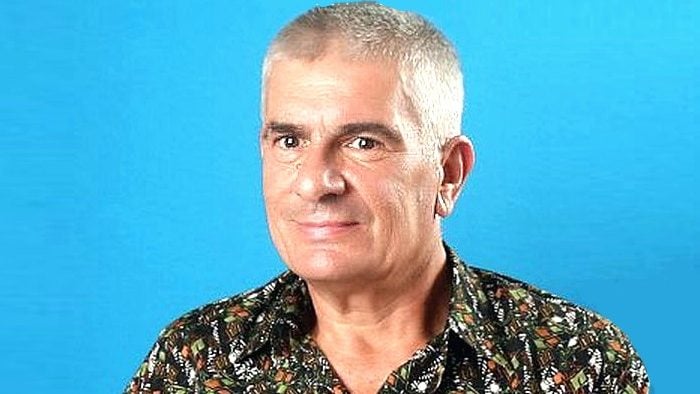
Indigenous Australians didn’t wholeheartedly support “The Voice,” why would other voters?
Australians overwhelmingly rejected “The Voice” with only around 40+ percent voting in favor, and at least five states not carrying the constitutional amendment, when four states were necessary.
The referendum to establish a 24-member advisory board to the parliament, executive, and civil service was soundly defeated.
In addition, many indigenous Australians also voted against “The Voice,” as there were questions about how 24 members could represent such a divergent group of more than 300 tribes, with differing ideas, across the country.
The “yes” campaign never answered them.
There was great fear in Australia that “The Voice” would be controlled by self-appointed, privileged, narcistic activists, who were often patronizing to Indigenous Australians, and the plight of the rural marginalized poor.
With massive media and corporate support, loud voices during the long running voice campaign labelled those who intended to vote “no” in the referendum as racist.
This ran very thin upon the Australian population, who in most cases were only requesting further information about how “The Voice” would actually operate if it came into reality.
When the referendum was announced just over a year ago, support ran at 65-70 percent of Australians.
In the wake of this defeat, the failure of “The Voice” to get up in the referendum, may potentially be blamed on these “so-called” racist Australians by far-left woke activists. “Yes” campaigners are already claiming the dis-information coming from the “no” camp was to blame.
There is danger the defeat of “The Voice” referendum is likely to set back the cause of Indigenous Australians, due to fatigue of the issue.
Many are already calling for the abolishment of “Welcome to Country” ceremonies due to perceived virtue signaling, with no substance behind them.
The issues facing Indigenous Australians didn’t get much of a mention during the campaign. No suggestions for remedies were ever made.
Daily issues such as education, health, employment, and welfare were just ignored. A$400 million spent on the referendum could have gone a long way.
Now questions are being asked, where did the money go that the government has been throwing at the Indigenous Australian community gone? Why have there been very poor outcomes? It’s apparent there has been little transparency and accountability, and this should be publicly investigated. Deep corruption is apparent.
In addition, the whole question of who currently represents Indigenous Australians to the government through many bodies that already exist must be questioned.
The current “Aboriginal Voice” appears to be controlled by self-identifying and self-serving so-called Indigenous Australians, without any real Aboriginal bloodlines, pursuing their own agendas.
This indigenous elite has turned Aboriginal rights into an “industry” which doesn’t benefit the poor and marginalized.
Just like many other referendums, taking the failed referendum on Australia becoming a republic back in 1999, the issue of a voice will not come up again for generations.
Albanese failed to approach this referendum in any bi-partisan approach.
There will not be any rush to solve the issues and problems facing Indigenous Australians today, where attention from the woke brigade may make a swift turn towards the Israeli/Hamas conflict.
For Australian prime minister Anthony Albanese, his fate could go the way of Ben Chifley in 1947, when he tried to nationalize the banks through legislation.
The High Court at the time declared the law invalid, which was affirmed by the Privy Council, Australia’s top court at the time. The Chifley government lost office in the 1949 election, which was replaced by a conservative government, that ruled for decades.
If “The Voice” did get up anyway, it could have legitimately been challenged due to Australia’s responsibility to uphold and adhere to the principles in the United Nations ICERD accord.
History has a habit of repeating itself.
It really looks like certain groups tried to force something upon Australia’s Indigenous peoples, which they themselves didn’t want.
This must be called for what it is, an abuse of Indigenous Australians.
(Murray Hunter has been involved in Asia-Pacific business for the last 40 years as an entrepreneur, consultant, academic and researcher. He was an associate professor at Universiti Malaysia Perlis.)
ADVERTISEMENT
ADVERTISEMENT






